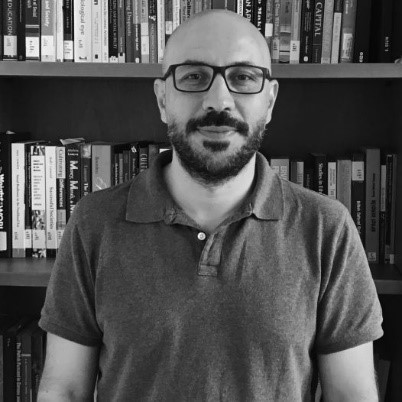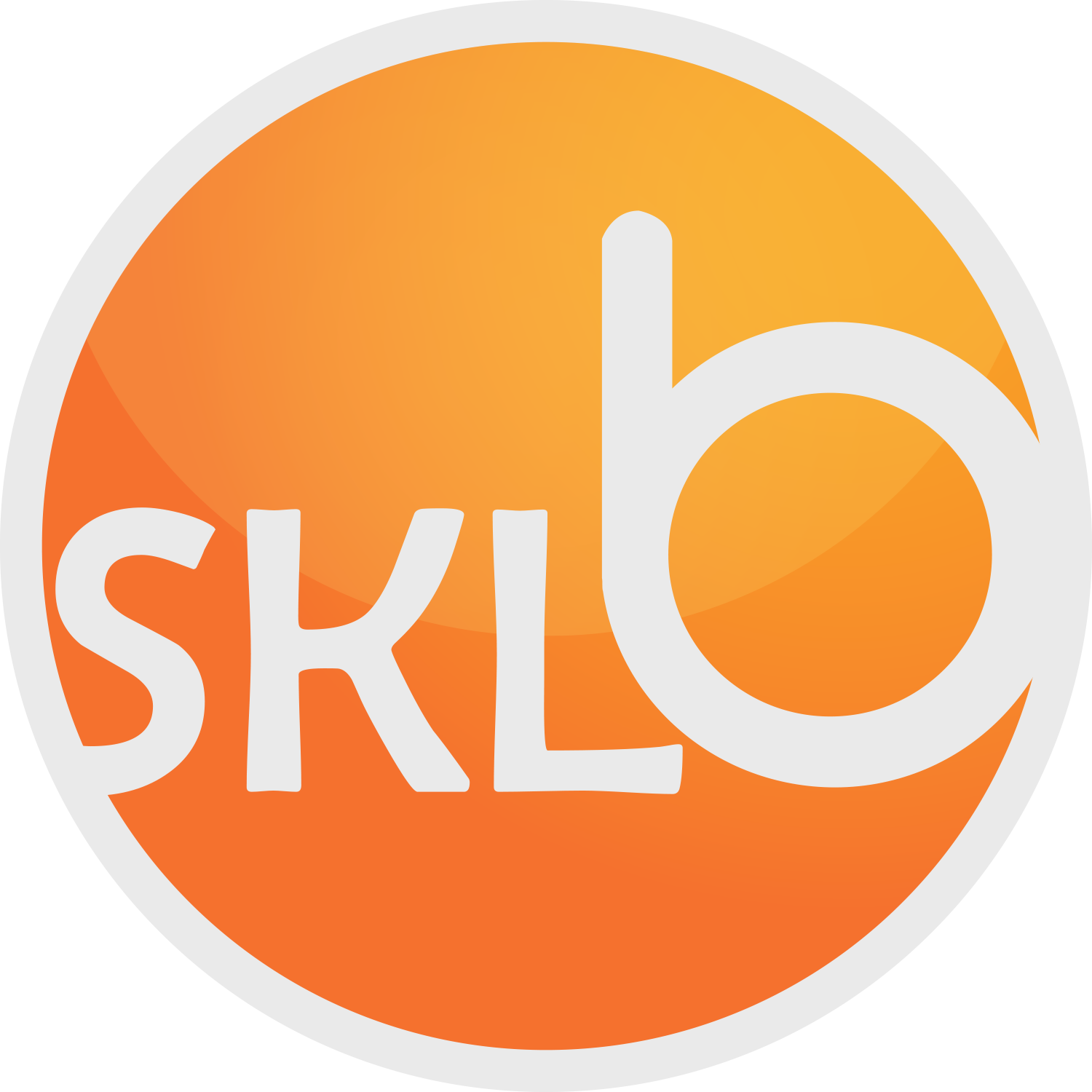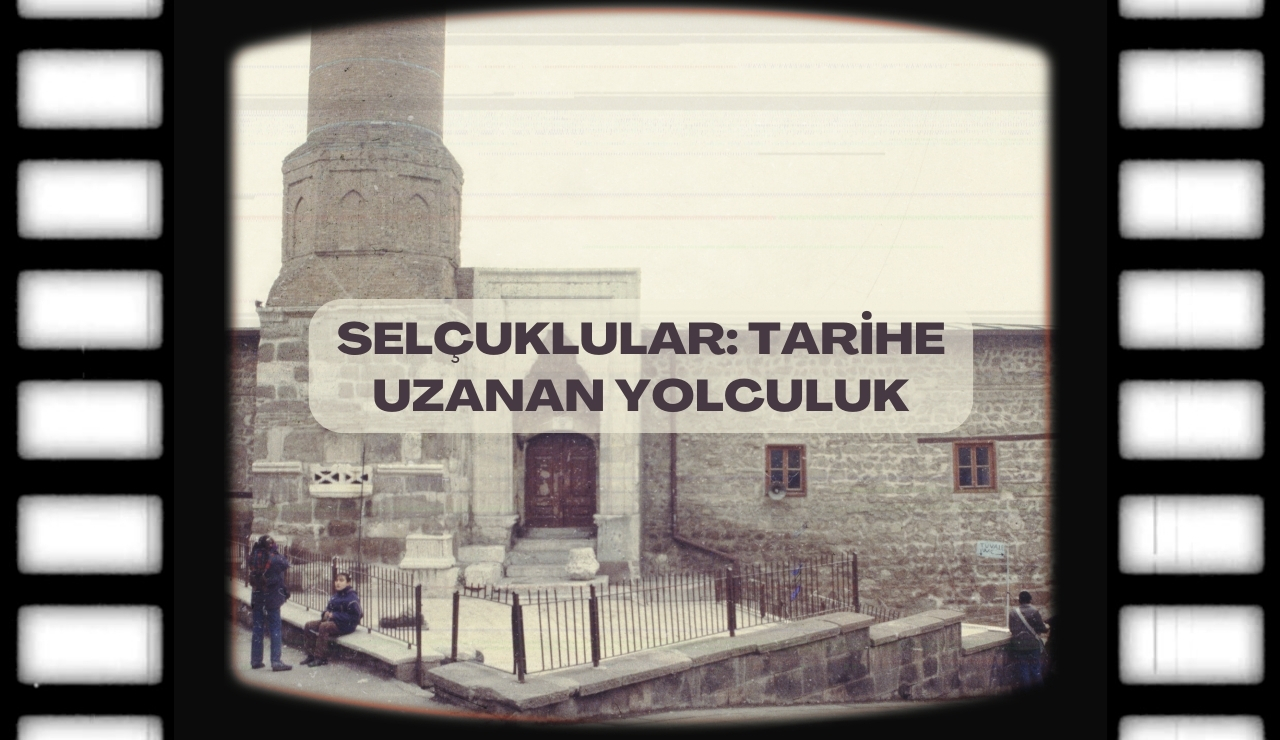CAMBRIDGE UNIVERSITY PRESS READ & PUBLISH AGREEMENT FOR OPEN ACCESS PUBLISHING
As a researcher at Koç University you can publish in Cambridge University Press (CUP) open access (OA) and hybrid journals without any charges. The article processing charges (APCs) are covered by an agreement between the publisher and Koç University.
About the agreement
The agreement is a national “Read & Publish” agreement. The APCs are already prepaid, since the agreement includes both the costs of the library’s subscriptions as well as the costs of OA publishing.
Within the scope of this agreement, the faculty members of Koç University will have the opportunity to publish OA articles in Golden Open Access and Hybrid journals of CUP throughout 2021 without any transaction fees.
The details of the agreement and its benefits to the faculty can be summarized as follows.
How does it work?
- This agreement will be applied to the articles that have been accepted within the period of the agreement.
- The author will be able to submit his/her article by providing the details of his/her Koç University affiliation to the publisher.
- Articles can be published under the Creative Commons License. For detailed information on Creative Commons License, please visit this website. .
- Articles published non-OA in Cambridge OA Journals within the agreement period will be eligible for retroactive conversion to OA if requested by the author before the agreement expires.
Why is this significant?
- All submissions will be fully peer-reviewed.
- Content is freely available online immediately upon publication, giving the potential for increased exposure and dissemination
- Gold open access allows all readers with internet access around the world to access published research without having to pay.
- By increasing the visibility of their research, the authors will be able to have higher citation counts, broader reach and global impact.
- Articles can be published in journals included in citation indexes such as SSCI, SCI, Scopus.
- Many funders are now mandating for research to be published via open access.
- The agreement provides an opportunity to publish articles in a total of 372 Cambridge University Press journals and 274 journals in the TÜBİTAK UBYT (Uluslararası Bilimsel Yayınları Teşvik) incentive program.
- Since the content of the journals is multidisciplinary, all faculties and departments will be able to benefit from this service.
For more information about the Read and Publish Agreement please click here.
In order to review the journals in your subject area and make a submission, you may visit the Cambridge Journals’ website .
Why should I publish open access?
One of the missions of Koç University is to create and apply new knowledge for the benefit of the society. Open access publishing makes available for free research generated by KU scholars. Thus, it fulfills the University’s mission, by allowing knowledge to transmit to a wider audience and facilitates new discoveries that build on KU scholars’ research.
You can read more about the value of open access on our Open Access & Scholarly Communication web page.
What do authors say about open access publishing in CUP journals?
Within the scope of the agreement, 11 articles written by Koç University researchers were published as open access in Cambridge University Press journals in 2021 without paying APC fees. Below you may read about Koç University faculty members’ views and experiences of open access publishing.
Şener Aktürk – Associate Professor, Department of International Relations
Aktürk, Ş. (2021). Nationalism and Religion in Comparative Perspective: A New Typology of National-Religious Configurations. Nationalities Papers, 1-14. https://doi.org/10.1017/nps.2021.17

Koç University Suna Kıraç Library has been very supportive of my research, both for this particular article and in general throughout my career. I became aware of the Read & Publish agreement between Cambridge and ANKOS during the first week of June 2021 when my article was scheduled to be published online ahead of print. Cambridge University Press representatives for Nationalities Papers and open access publications were all very helpful in assisting me through the process of converting my article to open access after it was published online. Once it was converted to an open access publication in July 2021, the full text views tripled compared to June. I delivered a talk to Koç University students in Turkish followed by a virtual discussion on religion and nationalism based on my article with other international scholars working on this topic (https://nationalities.org/virtual-asn/religion-and-nationalism), and roughly a hundred participants attended both events. I was delighted to know that all the participants were able to access the article since it was open access. My article reached more than 2,600 full text views as of November 2021, making it the second (https://www.cambridge.org/core/journals/nationalities-papers/most-read). This is particularly important since my publication is a “State of the Field” article, which is expected to be especially useful for students and scholars in catching up with the current state of the field in a rather condensed format, and the article being open access is much more likely to facilitate its inclusion in the syllabi of courses on nationalism and religion at different levels. I am very grateful to the Anatolian University Libraries Consortium (ANKOS), Koç University Libraries, and Cambridge University Press for this golden opportunity to make our publications available to the broader public for free.
Çetin Çelik – Assistant Professor, Department of Sociology
Çelik, Ç., & White, H. (2021). Forced Migration and Protection: Turkey’s Domestic Responses to the Syrian Refugees. European Review, 1–21. http://doi.org/10.1017/S1062798721000028

Social stratification does not only stem from an unequal distribution of economic wealth but also information and knowledge. By lifting restrictions on the availability of research outputs, open access publications democratize the distribution of this critical resource. While I always prefer to share my study results with the public, I cannot do it each time as it is economically costly. Having learned that, as members of Koç University, we could publicize our articles without any charges in Cambridge University Press (CUP) open access and hybrid journals, Holly White and I immediately preferred this option. Koç University Suna Kıraç Library guided us well in the publication process, which progressed quickly and smoothly. We are now extremely delighted to see many readers from various countries engage in our article on refugee protection shortly after its publication. This quick and high engagement verifies that open access is a solid and critical factor in improving science through the democratization of knowledge-sharing systems.
Akın Sefer – Postdoctoral Researcher, Department of History
Sefer, A., Yıldız, A., & Kabadayı, M. E. (2021). Labor Migration from Kruševo: Mobility, Ottoman Transformation, and the Balkan Highlands in the 19th Century. International Journal of Middle East Studies, 53(1), 73–87. http://doi.org/10.1017/S0020743820000847

It is well-appreciated that scholarly collaborations and dialogues with colleagues working in the same fields/disciplines highlight the state and quality of scientific research. As a student of humanities, I also believe that our research is particularly influenced, supported, and inspired by our interactions with the wider public and their institutions, and that trying to make our research accessible, both locally and globally, is our intellectual responsibility. Today, doing so is an arduous path, even within the academic community. A considerable and increasing number of scholars suffer the precarious conditions that characterize the academic world, due to political and/or economic reasons, lacking regular institutional support or affiliations for accessing scholarly knowledge produced in the form of unaffordable publications. On the other side of the coin are those academic presses and journals for whom surviving against market pressures and financial crises, while adhering to scientific principles and procedures, has become more challenging than ever. Under these circumstances, opportunities for open access publishing can offer solutions to disseminate knowledge while maintaining and upholding the intellectual standards of academic publishing. In 2021, I (co)published two articles on CUP journals in open access thanks to the OA agreement between Koç University and , allowing me to circulate and make my research available to a wider community of scholars and the public. As the procedure for requesting this option is quite convenient, I highly encourage our colleagues at Koç University to use this opportunity for sharing and enhancing our research.”

